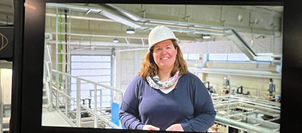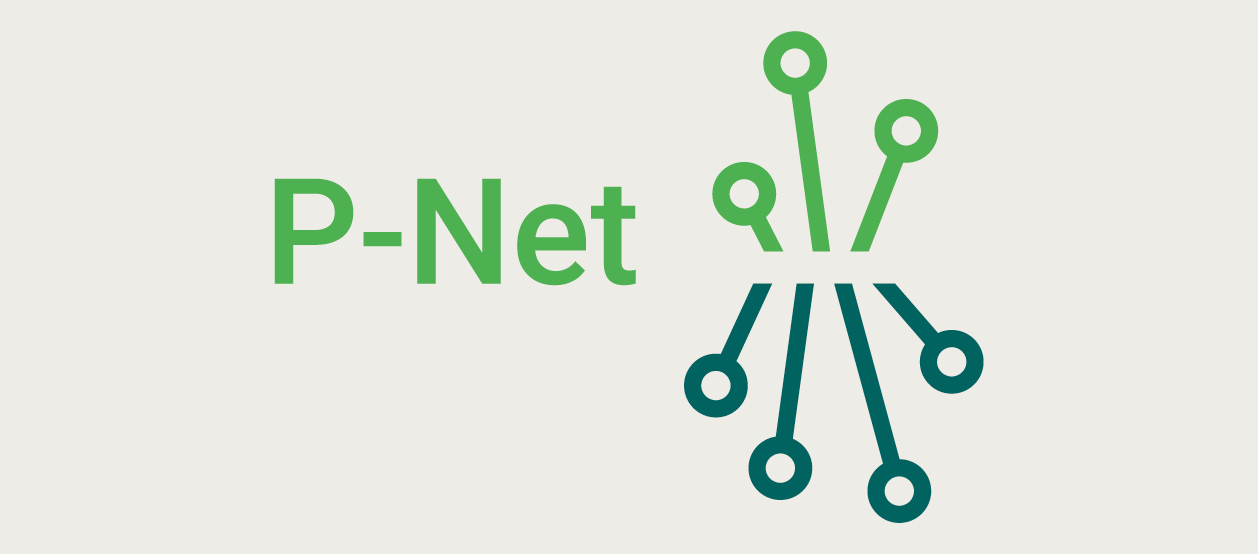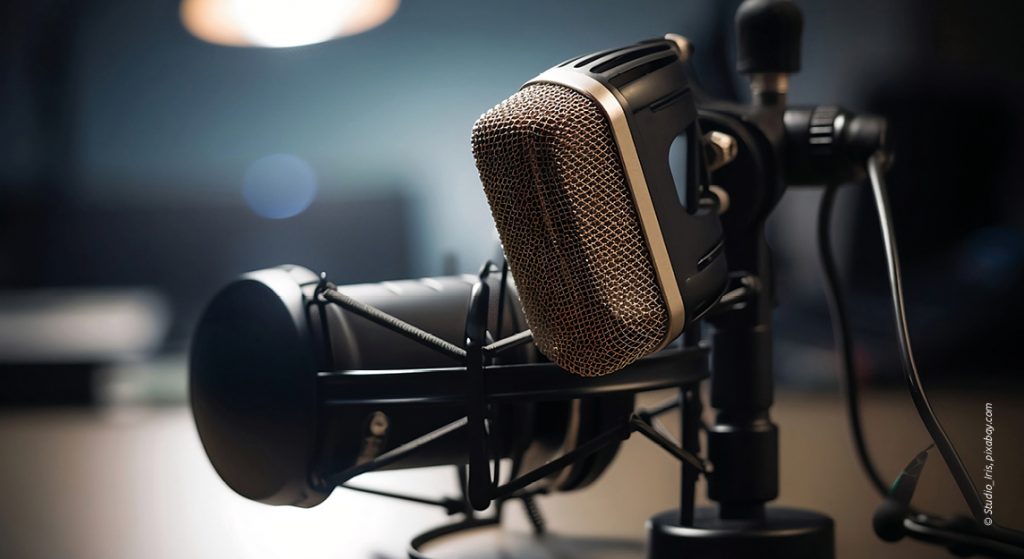Filming for AMPHORE: A visit to the Bottrop Sewage Treatment Plant
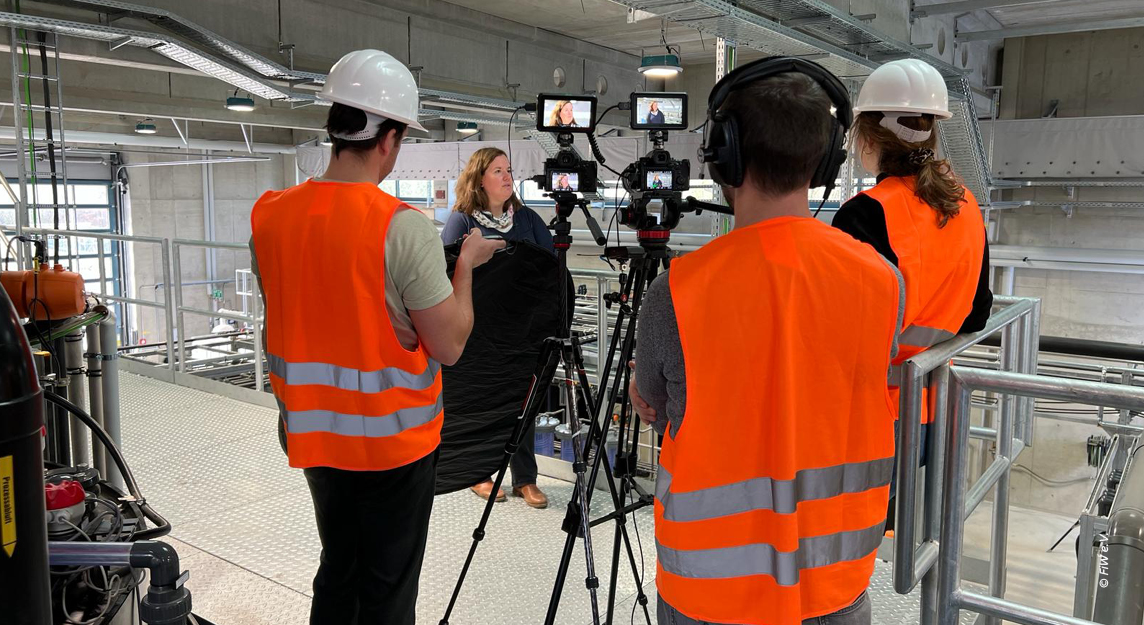
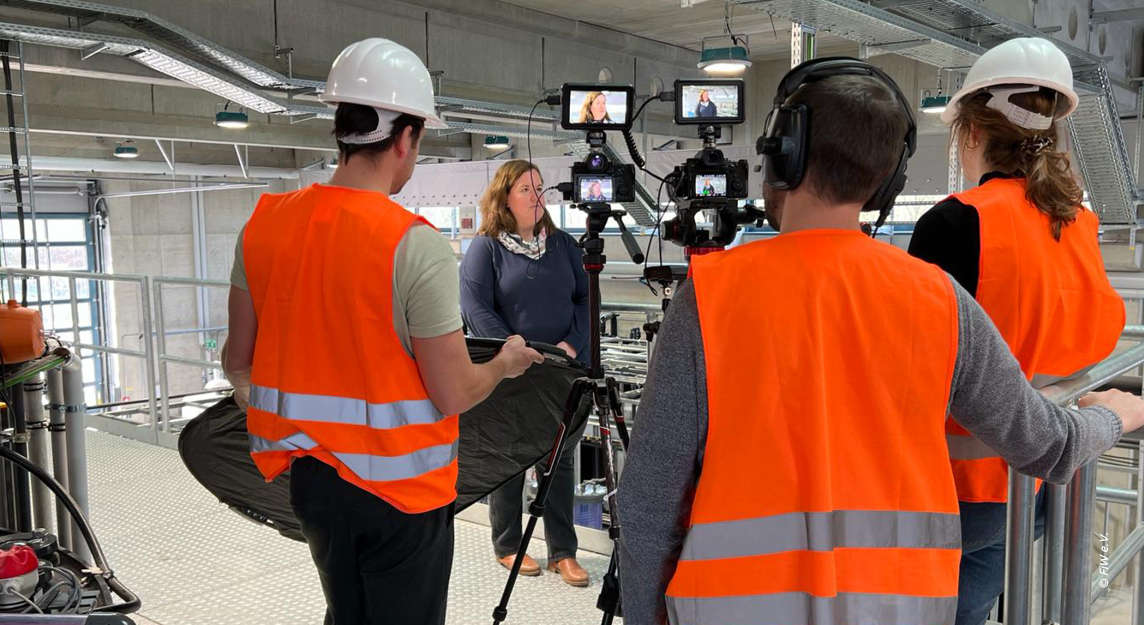
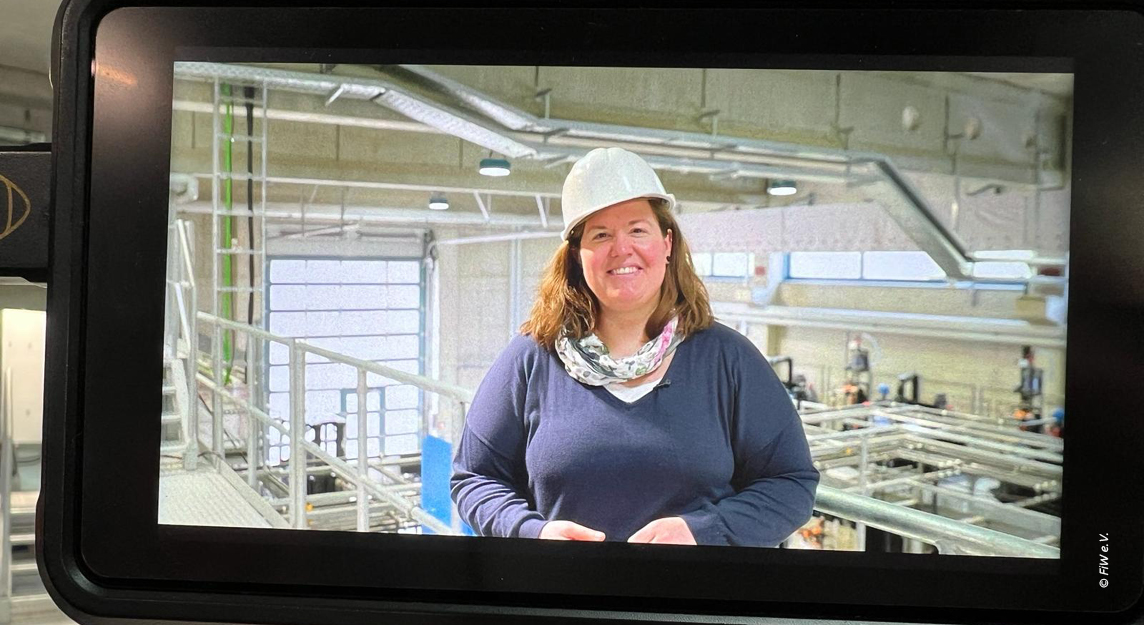
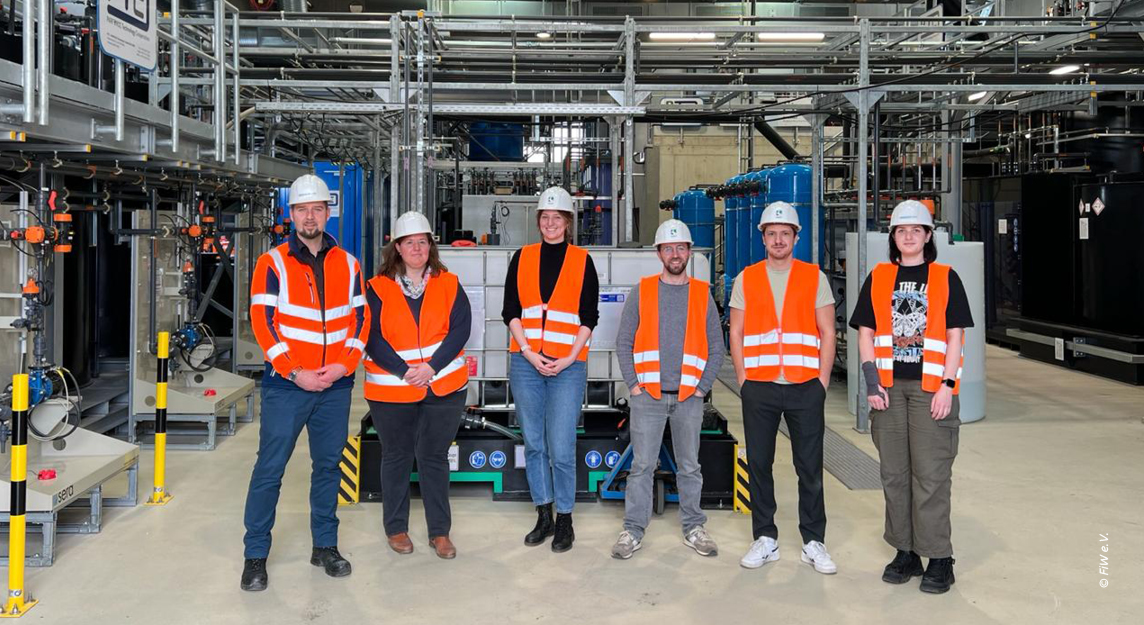
On Wednesday, 20.03.24, it was time for RePhoR for the 4th time! This time we were able to visit the BMBF-funded joint project AMPHORE at the Bottrop sewage treatment plant. In bright sunshine, project coordinator Hanna Evers from the Ruhrverband stood in front of the camera and explained the course of the project as well as its goals and prospects.
As part of the BMBF funding programme RePhoR (Regional Phosphorus Recycling), the TransPhoR project is producing a total of seven short films about the joint projects. The films provide a lively insight into the different approaches of the projects.
We would like to thank the entire team on site for this great day of filming!
In the AMPHORE joint project, five water boards in North Rhine-Westphalia cooperate with the support of research partners, engineering offices and commercial enterprises. The size of the association with 139 sewage treatment plants and approx. 9% of the German sewage sludge production enables an innovative, region-wide management approach for sewage sludge as well as a targeted production and further treatment of ashes of different qualities. The part of the ashes that is more heavily contaminated with heavy metals is processed in a complex, wet-chemical recovery process with the aim of achieving extensive separation of pollutants and valuable substances by generating precisely fitting phosphoric acid qualities (purity, concentration) for regional customers. It is being examined whether ashes produced in a targeted manner with particularly low pollutant contents can be used in an alternative, possibly more cost-effective phosphorus recovery process. Due to the expected synergy and scale effects, significant advantages for composite solutions can be expected. In the AMPHORE project, therefore, public-law cooperation models are being examined and the cooperation of the participating water associations in the legal form of a limited liability company is being implemented as an example.
More information can be found on the RePhoR homepage at https://www.bmbf-rephor.de/en/joint-projects/amphore/ or on the project homepage https://www.ruhrverband.de/wissen/projekt-amphore/ .


